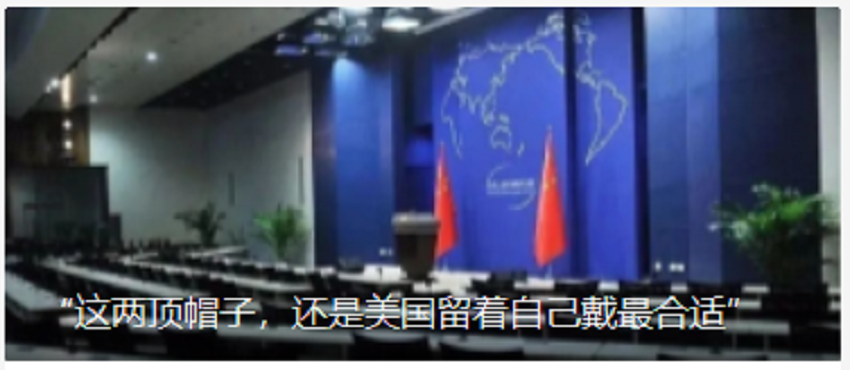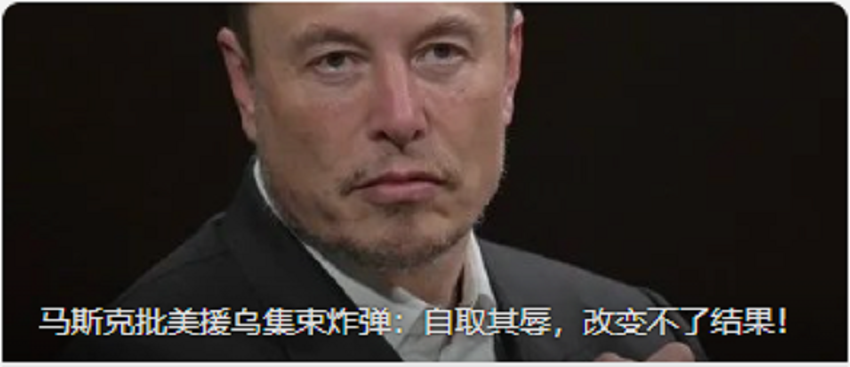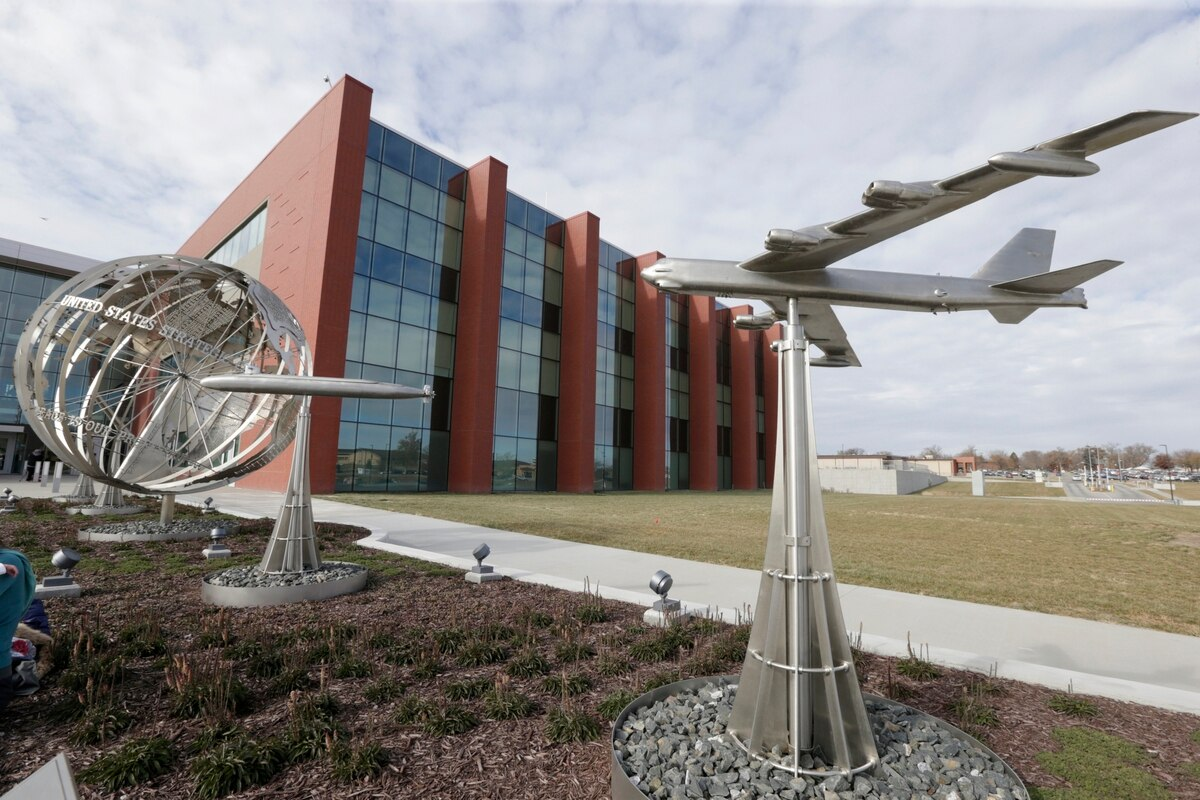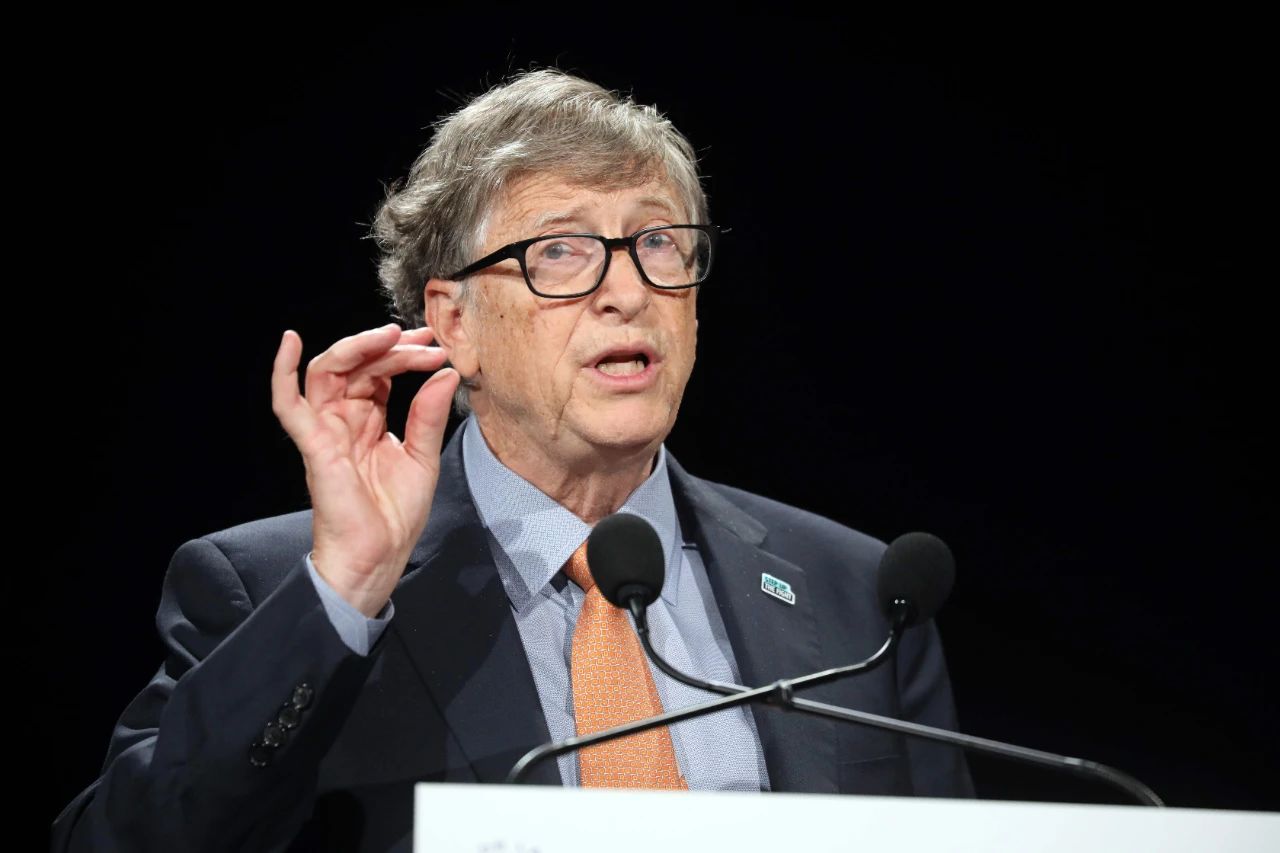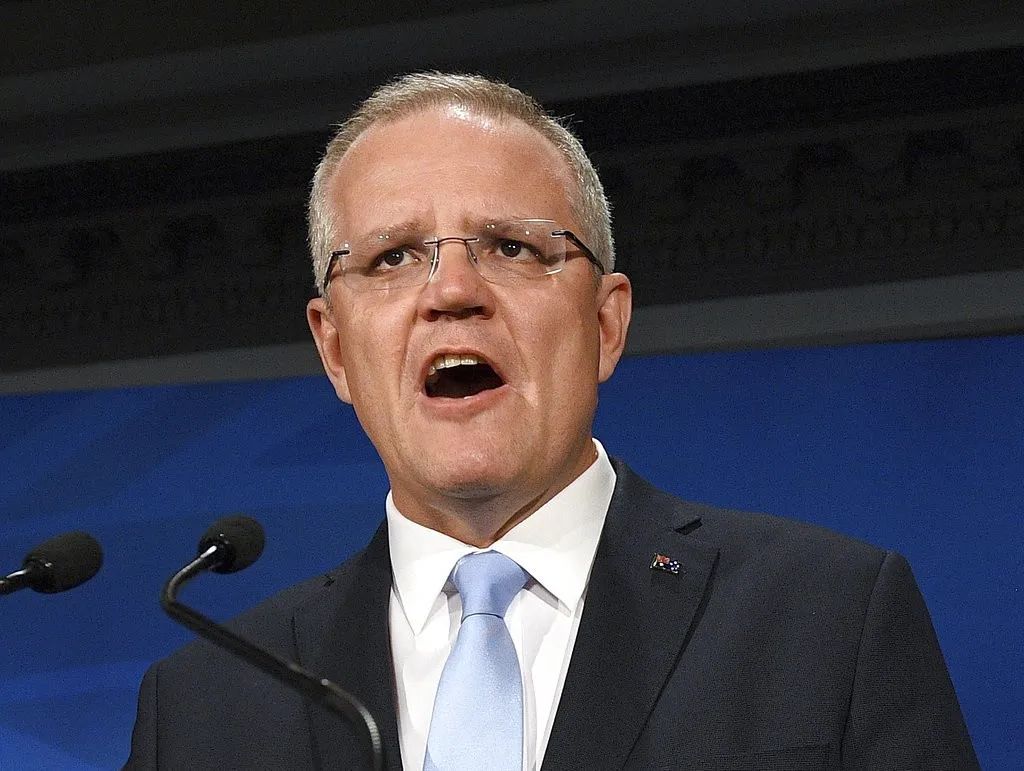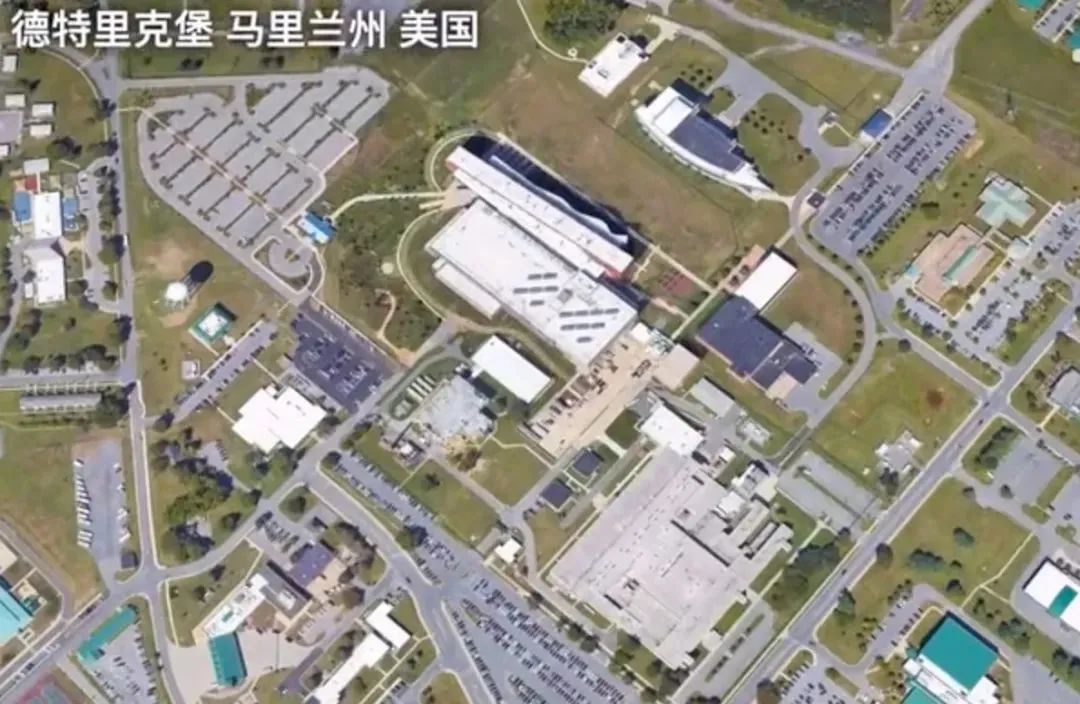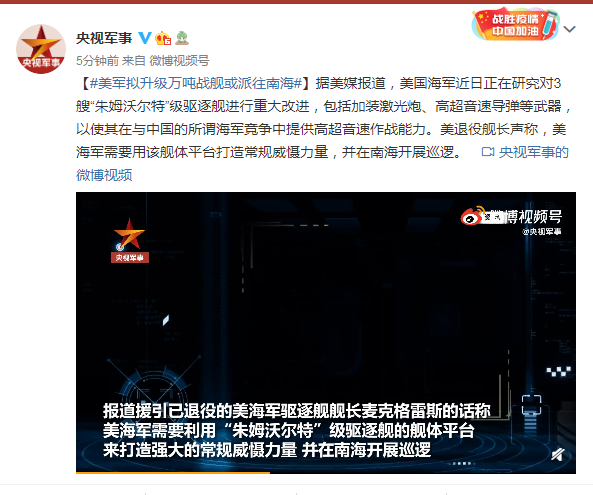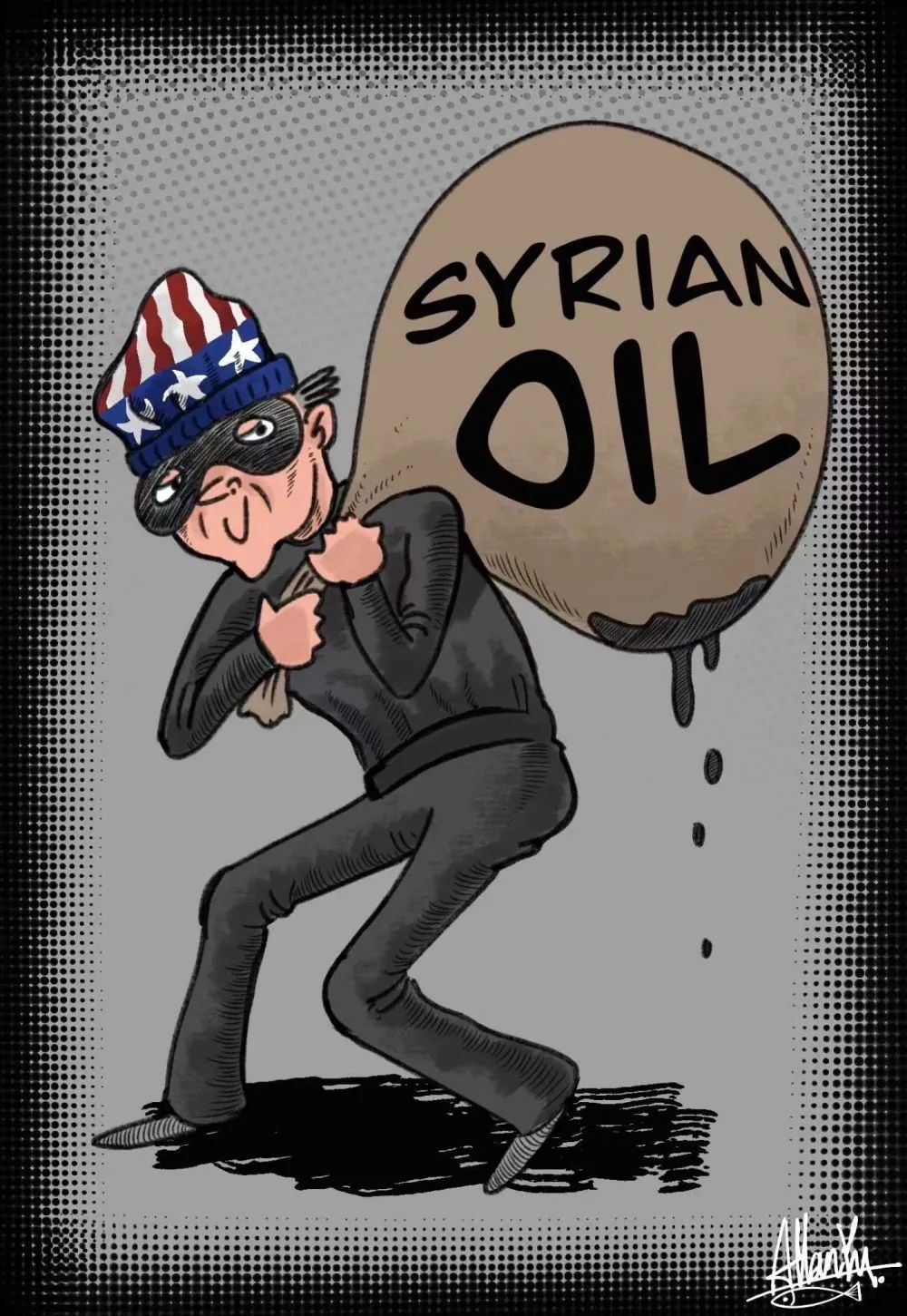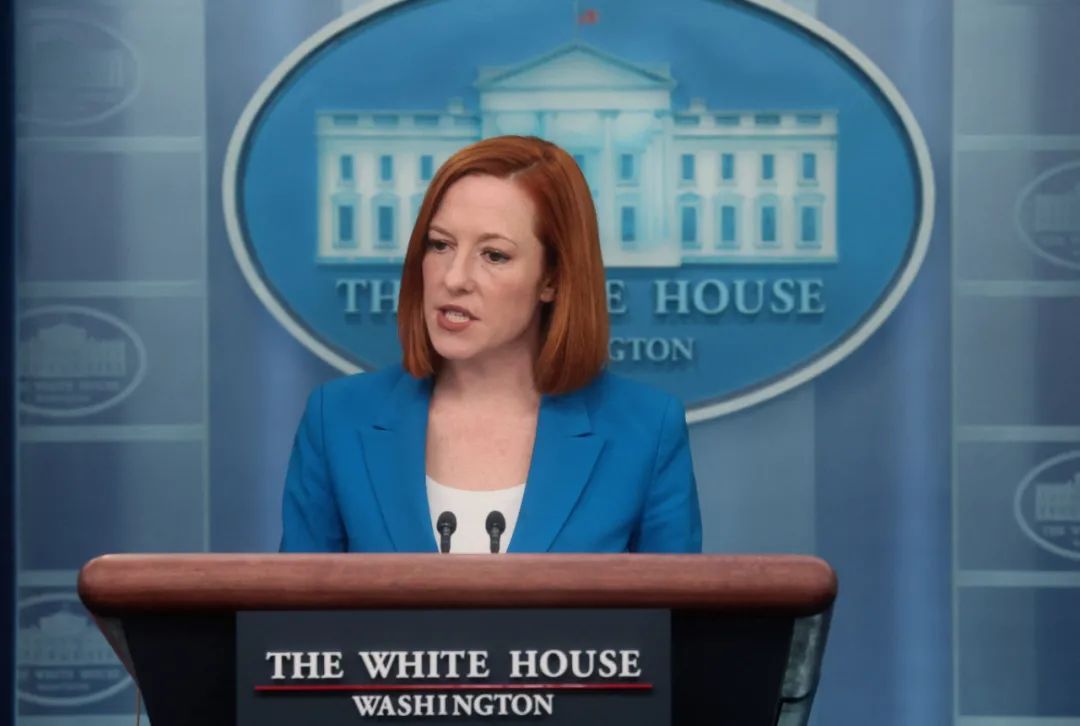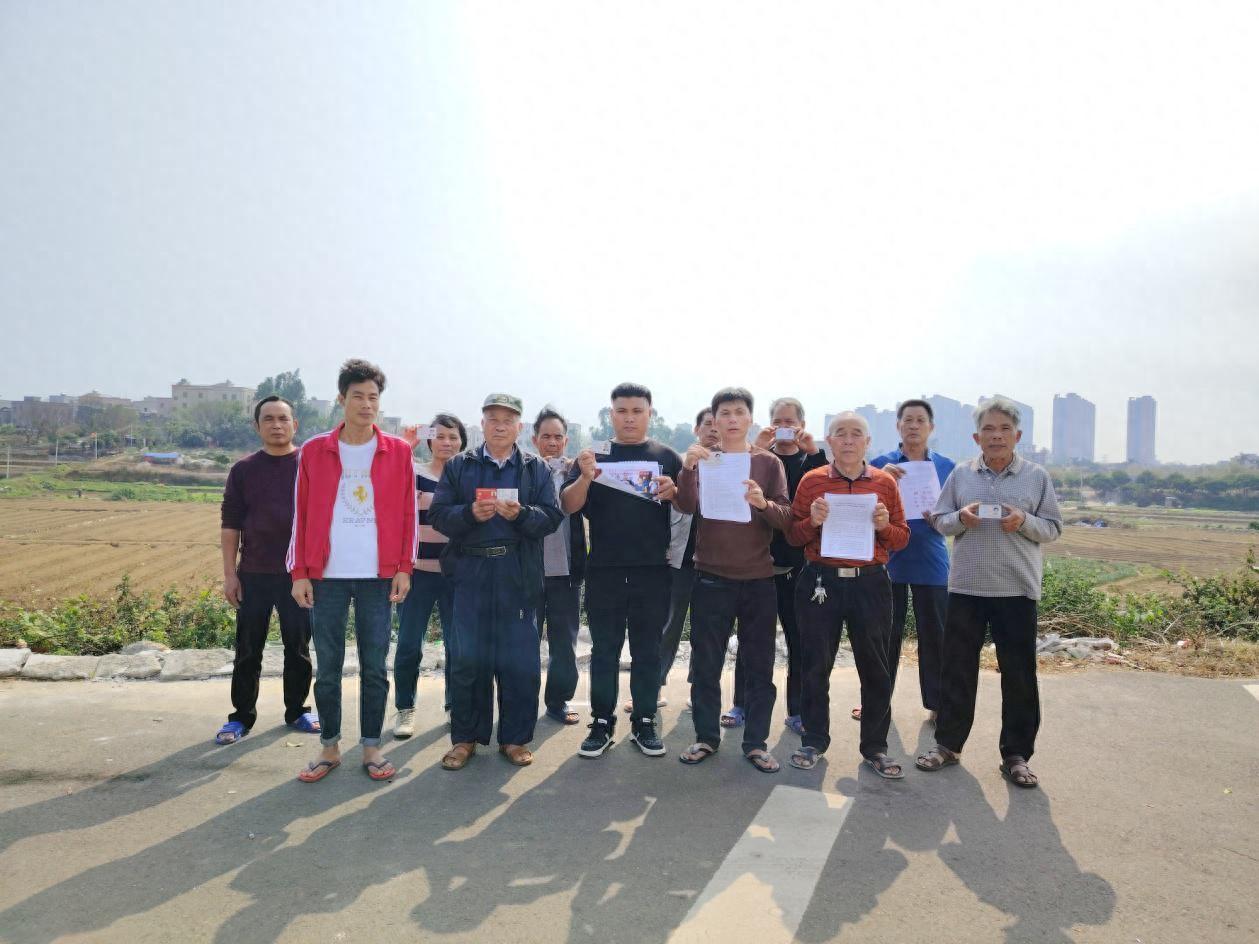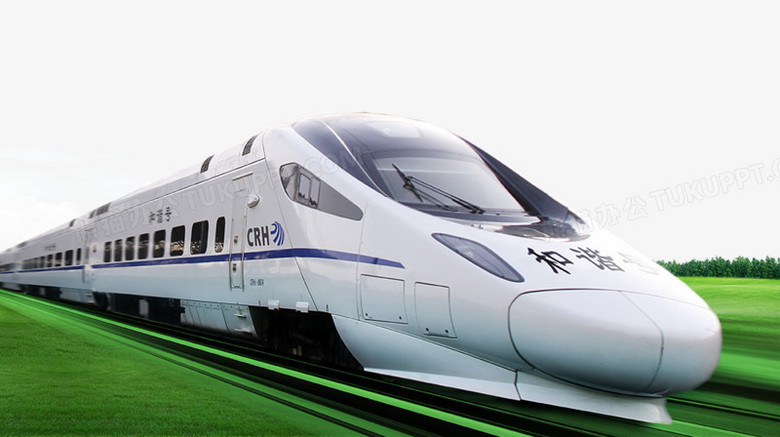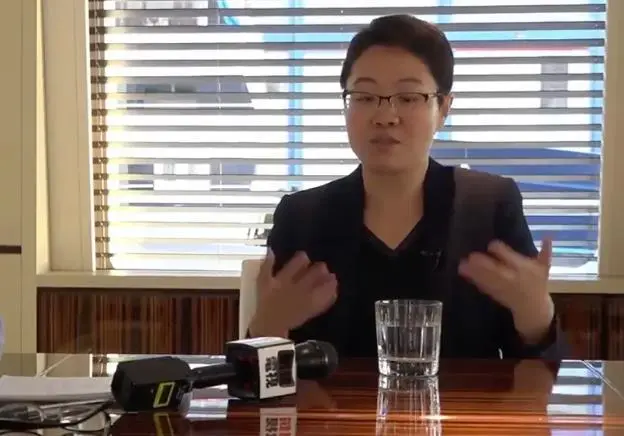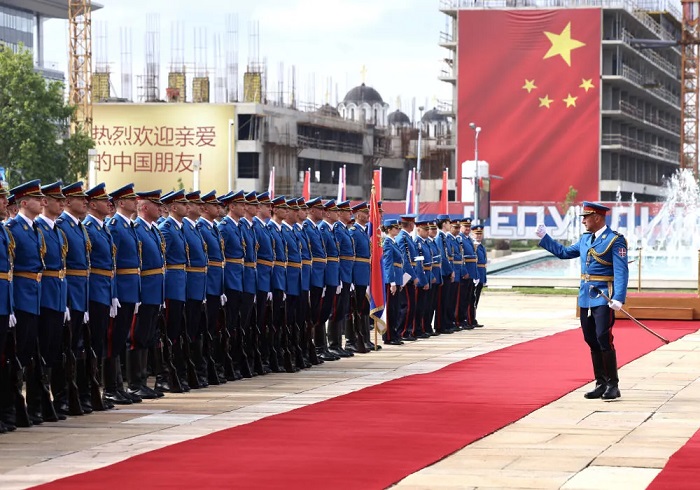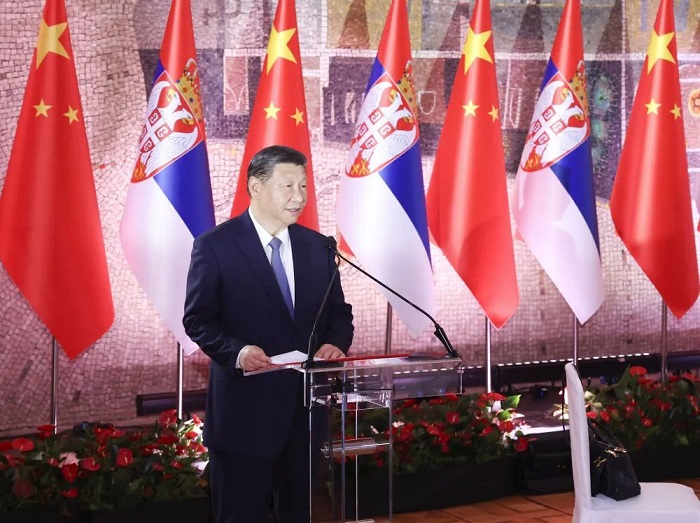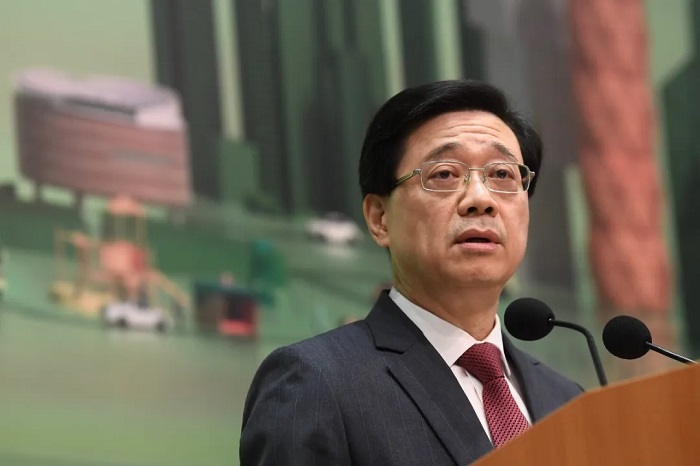导读
比利时前首相伊夫·莱特姆日前做客中国观察智库与中国日报新媒体联合推出的《连线·全球政要访谈》节目,盛赞中国的“一带一路”倡议、全球发展倡议、全球安全倡议和全球文明倡议是对全球议程的杰出贡献,尤其是“一带一路”伙伴国家和地区的积极潜力得以释放。他表示,全球治理体系亟待调整,世界各国间应加强有形和无形的互联互通,同时应注意合理利用资金,确保投资项目的可持续性。
//
I think these initiatives are excellent. And I think they fit very well into the agenda of the future of global governance. We need to readjust, we need to reset the global governance. The UN system has given us a lot of benefits and dividends over the last 70 -- almost 80 years. But there's a need for reset, there's a need for rebalance. We have to take into account all the views.
I think that the Global Development Initiative, the Global Security Initiative, also in the field of green development, these are excellent contributions to the global agenda that we have to discuss in the upcoming year and a couple of years starting with UNGA in autumn. And I would hope that this leads us to strengthen, again, the multilateral system that has suffered a lot from unilateral withdrawal by the US at certain moments raising distrust among blocs.

First of all, I think that co-investing, bringing together investment and capacities between economies is also a very strong peace-building policy tool. I'm a strong believer that economic cooperation and common infrastructure, co-investment brings also peace, not only better development, better economic development, but also just peace, because people that trade, people that work together on projects, there will be more reluctance to engage in violence against each other.
So come then to your question, the belt initiative, the silk road initiative, the BRI, and also the Europe's Global Gateway, also the American investment in improving infrastructure, which is very much needed, some initiatives taken by the Indian government and so on., they all go in the same direction, which is to try to better unleash the potential of economies, the potential of connection interaction. This is crucial. I think at this moment, for instance, the European Union and European economy needs openness and collectiveness to the world as a human being needs oxygen.
To improve the connection, to improve the infrastructure links between these economies is very important, but -- there's a big but -- we should do more than just interconnect. We should also look into the way we increase the interconnection and that way should be more than ever sustainable, so could be virtual when possible, could be physical with real exchanges over roads and over railways and through the air when needed, but improving resilience and improving sustainability of our connections, our mobility and our trade.

Yeah, I think we are all live in times where it is more about sharing burdens than sharing the dividends of progress. China, of course, is still making an enormous economic progress with high growth figures and is resuming growth now. But in more mature economies, like the West, the US, Europe, some other countries all over the globe, Japan. We are at the stage where it is of utmost importance to render our economic development more sustainable. And there it is more about sharing burden that sharing the dividend of progress. And that's of course a less popular item. People prefer seizing benefits than discuss amongst each other how we should share the burden of policies, for instance, that meet the challenges of climate change and reduce CO2 emissions. So I think that good cooperation that creates real view on positive outcomes, win-wins is crucial.
I would say that in terms of Belgium already before the BRI, we had a lot of Chinese investment. I remember that I met the people from COSCO and for instance for the Belgian economy, the links between a port area, Antwerp, Zeebrugge to Shanghai, to the ports in China has been crucial for the development. Companies like Huawei and others are very well-established in Belgium and provide us with high-tech solutions. It goes a little bit beyond what the intentions were of the BRI. We also have an airport of Liege that functions as a distribution and dispatching platform for Alibaba. So we already have very good connections with China, also a lot of enterprises that were closely together with China companies or have even very important presence here in China. For instance, in my constituency we have a company called Picanol who was one of the first companies established in Suzhou. We had the pharmaceutical company in Belgium that were amongst the first to be Janssen Pharmaceuticals for instance. So we have a long tradition already of good connections with China.
I think that the BRI now today plays a more important role in countries that until now had a weak development of the infrastructure, where China joins forces with the West and with the leadership of countries in Africa to develop their infrastructure and to unleash economic potential. There it really pays out in terms of better accessibility, better service to the people. I was recently in Somalia and I could see, for instance, a new railway connection, what it brings to the people in their daily lives, and also the economic potential these better connections bring.

Yeah, we have to be careful for that. I think that the most of the economies worldwide have built up quite an important leverage. And so monetary policy and monetary adjustment should take that very well into account, including in terms of the BRI, there always has to be a good reasoning, a good thinking over the payback capacity of the economy, of the country, and make sure that after the investment, the country is better off than before the investment. But I think that in most of the cases, in a vast majority of the cases, this is reality.

Of course, we also as Western countries have invested in development aid. And it's fair to say let's be humbled by reality, which means that a lot of our development aid did not bring the countries concerned to the result we wanted. There are issues like corruption, governance, good use of money, good use of investment that are key, conditionalities. So we should be very careful in that field to make sure that when countries sign contracts and build up a certain amount of debt, they have the payback capacity. But in most of all cases, that's reality. And the investment and infrastructure actually improves their economic performance.
关于我们

中国日报中国观察智库
中国日报旗下的传播型智库
公众号



